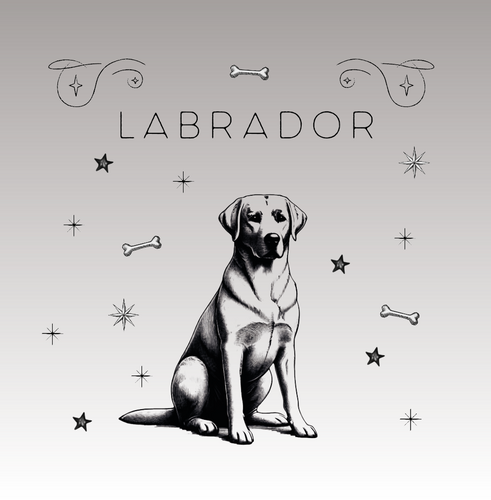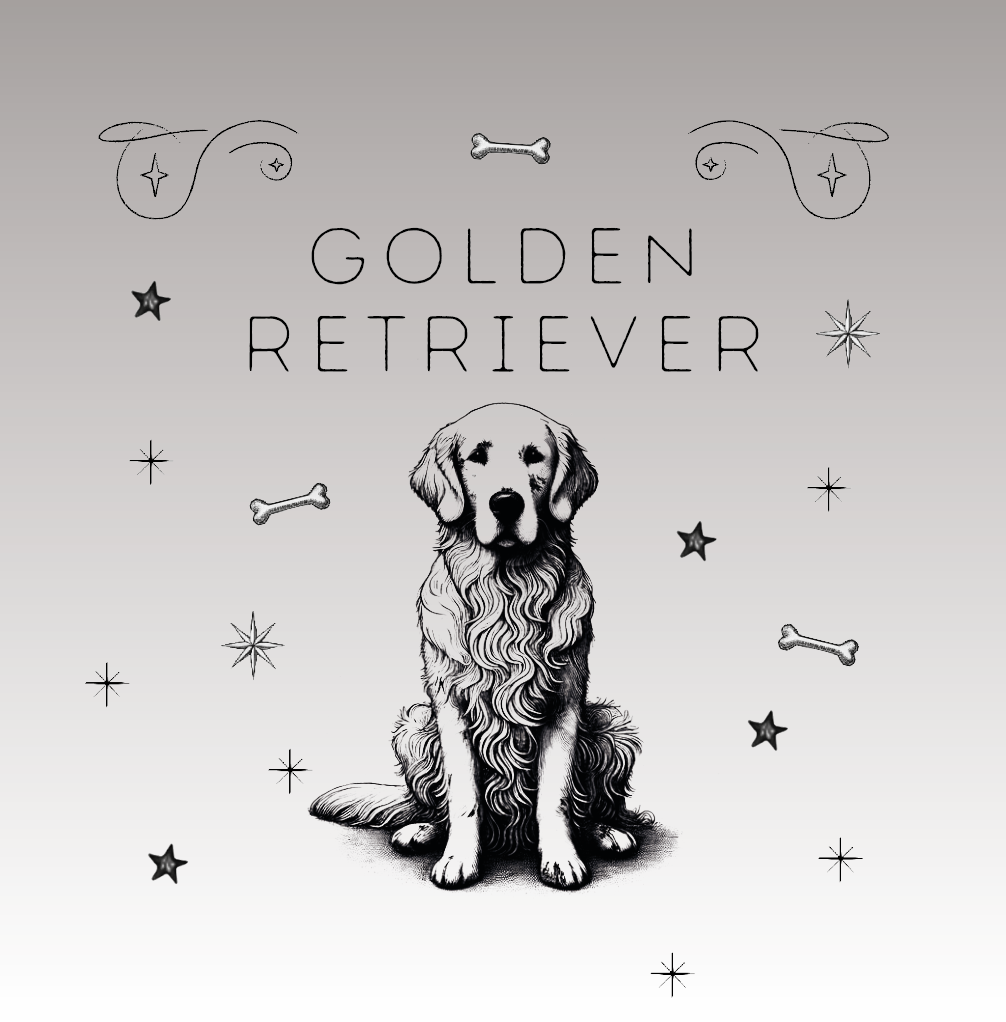The Siberian Husky is an imposing yet lovable dog breed that captivates with its fierce appearance and energetic character. With its striking appearance and ice-blue eyes, the Husky inspires not only admiration but also respect. Originally bred as a sled dog in Siberia's northeastern Russia, the Husky now has numerous fans worldwide and is highly valued as a family dog and sporting companion. This breed demands plenty of exercise, challenges, and consistent training – the Husky is not easy, but a loyal and proud companion.
Origin and history of the Husky
The Husky originated in the far north of Russia, where it was used by the nomadic Chukchi peoples more than 3,000 years ago. These dogs were specifically bred for the hard work of sled dogs, pulling heavy loads over long distances in frosty climates. Their resistance to cold, incredible endurance, and ability to work in extreme conditions made them valuable helpers in harsh environments.
The Husky arrived in Alaska in the early 20th century, where it played an important role, especially in the gold rush areas. Today, the Siberian Husky is known throughout the world and is valued not only as a working dog but also as a loyal companion in many families.
Temperament and behavior of the Husky
The Husky is a dog with a strong personality and a free spirit. It is known for its independence and constant desire for movement and exploration. This breed has a strong hunting instinct and is known for sometimes getting its own way, which can make training a challenge.
Despite his free spirit, the Husky is incredibly loyal and affectionate to his family. He is friendly, playful, and gets along well with other animals and children. Although the Husky is often perceived as stubborn, he is a very intelligent dog that is excellently suited to dog sports such as agility or sled dog racing. Consistent but loving training is essential for properly handling the Husky.
Health and life expectancy of the Husky
The Husky is generally a very hardy breed that is well adapted to cold temperatures. However, they are prone to certain health problems. The most common are eye diseases such as cataracts and progressive retinal atrophy (PRA), which can lead to vision problems. Hip dysplasia and thyroid disorders also occur in Huskies. Regular veterinary checkups are necessary to detect potential diseases early.
With proper care and an active lifestyle, a Husky can live a long, healthy life—their life expectancy is approximately 12 to 15 years. A balanced diet rich in high-quality protein helps the Husky maintain energy and build muscle strength, which is essential for their endurance and activity.
Husky care
The Husky has a dense, double-layered coat that protects it from extreme temperatures. During the warmer months, the Husky sheds heavily and requires regular grooming to remove loose hair and keep the coat healthy. Especially during the shedding season, the Husky should be brushed daily to prevent matting and excessive hair loss.
Because Huskies were originally bred to work in extreme conditions, they require regular physical activity. Walks alone are often not enough—Huskies love to walk, run, and get plenty of exercise. This means they thrive in homes that offer plenty of exercise and space. They are not suitable for owners seeking a dog that is content with minimal exercise.
Husky nutrition and diet
A Husky's diet should be tailored to its high activity level. Huskies need a protein-rich diet to provide the energy they need for their active lifestyle. Fresh meat, such as chicken or lamb, as well as carbohydrates from rice and vegetables, are ideal ingredients. Huskies are prone to obesity, so it's important to measure the food precisely and have the dog weighed regularly.
In addition to a healthy diet, it's important to provide your Husky with plenty of water, especially after intense training sessions or long walks. Treats should also be given in moderation to keep an eye on the dog's weight.
Exercise and utilization of the Husky
Huskies are not dogs for less active owners. They require several hours of exercise daily, ideally in the form of long walks or runs. Many Huskies also enjoy sledging, which further boosts their energy and stamina. It's important to keep them mentally challenged and give them regular opportunities to explore their environment.
Although Huskies are known for their endurance and strength, they also need mental stimulation. Intelligence toys, fetch games, or training sessions that develop their skills are ideal. Huskies are also great dogs for dog sports like agility or canicross, where they can put their energy and physical strength to perfect use.
Suitability as a family dog
The Husky is an excellent family dog due to its friendly yet independent nature and playfulness. It is known to get along well with children and other animals, but it should always be supervised, especially around small animals, as its hunting instinct is strong.
It's important that the Husky receives consistent training from the beginning to develop its independence and ensure it integrates well into family life. For a happy life together, the Husky needs to be sufficiently occupied and well-balanced, otherwise it may be prone to behavioral problems such as destructiveness or excessive barking.
Are you a true Husky lover and want to live out your passion even further? Check out our exclusive products for Husky fans !
From high-quality accessories to practical everyday helpers and stylish must-haves – here you will find everything that makes the heart of a true Husky lover beat faster.
Whether for yourself or as a great gift for other fans – we have just the right thing for you! Discover the perfect selection in our Husky category now!




